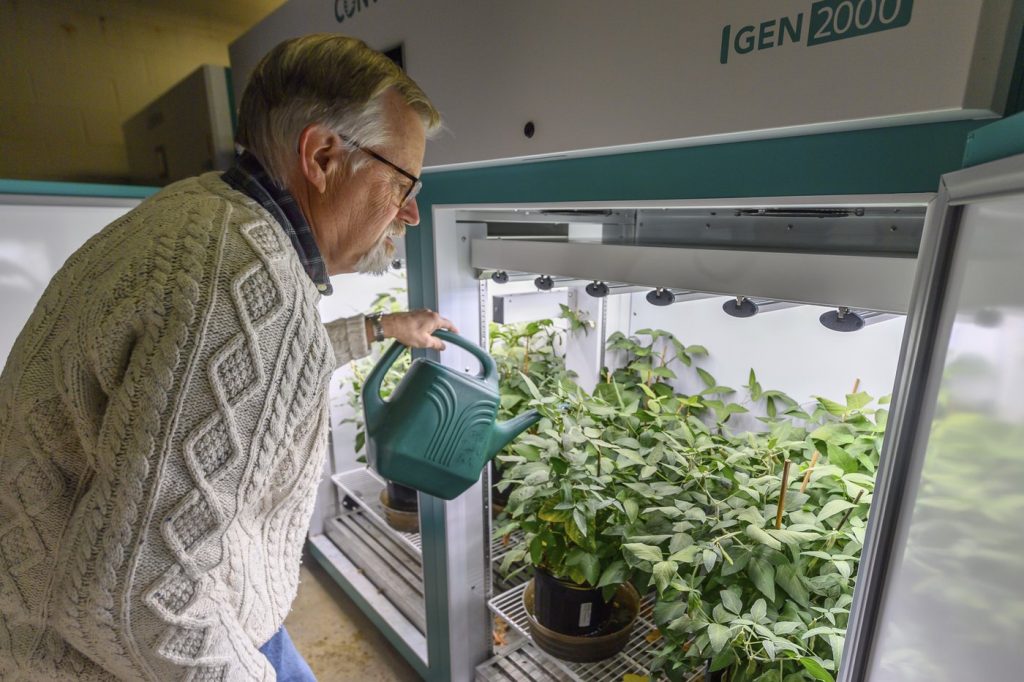In recent developments in Washington, the abrupt stop of U.S. foreign assistance by the Trump administration is causing significant upheaval across various sectors. Executives from U.S. supply-chain companies are grappling with the emotional burden of terminating employees as financial stability crumbles. The situation is dire for many American businesses, farms, and nonprofits dependent on U.S. Agency for International Development (USAID) funding. The administration's freeze on foreign aid is threatening the livelihoods of thousands of workers, with estimates suggesting nearly 13,000 American jobs lost due to the cutoff.
The Trump administration's actions resulted in a significant freeze in payments, described as a "suspension" by the officials, which is leading to layoffs and operational shutdowns across several organizations. For instance, the University of Illinois Urbana-Champaign's Soybean Innovation Lab, which facilitates the expansion of soybean usage in 31 countries, is on the brink of closure. Peter Goldsmith, the lab's director, expressed concern about the international ramifications of this loss, emphasizing the importance of American foreign aid in stabilizing global markets.
Nonprofit organizations, such as Hias, which aids refugees globally, are also severely affected. Founded by Jews fleeing persecution, Hias is now facing a drastic reduction in its funding by 60% due to the foreign assistance freeze. Mark Hetfield, Hias President, relayed the dire situation of furloughs and operational disruptions tracing back to the funding cessation. The administration's claims of a temporary suspension contrast sharply with the reality of halted payments to employees and contractors.
Moreover, the work of small nonprofits like Causal Design, led by Marine veteran Keith Ives, is also in jeopardy. Ives’ organization focuses on assessing the effectiveness of USAID programs, and the recent funding cut means he is forced to terminate jobs and halt his mission. Ives highlighted the long-term implications of U.S. funding reliability on international relations, questioning the U.S. capability to build partnerships when the continuity of support is at stake.
Many suppliers engaged in delivering goods for USAID-funded projects face devastating financial consequences. An anonymous executive from a supply-chain business indicated that the administration’s termination notices following the funding freeze are leaving companies on the edge of bankruptcy and forcing mass layoffs. Furthermore, farmers like Tom Waters from Orrick, Missouri, worry about the potential loss of market share and demand for their crops as USAID programs have historically been reliable purchasers of U.S. agricultural products. He stressed the role of feeding global populations in maintaining international stability, warning that hunger often leads to conflict.
Overall, the combination of the Trump administration's abrupt suspension of foreign assistance and the reality of widespread layoffs and shutdowns raises significant concerns about the future of U.S. foreign aid, its effectiveness, and the ability of American organizations to support global development endeavors. Experts warn of the potential vacuum that may arise in foreign markets and the geopolitical implications of these actions, underscoring the significant ripple effects on both local and international levels.










